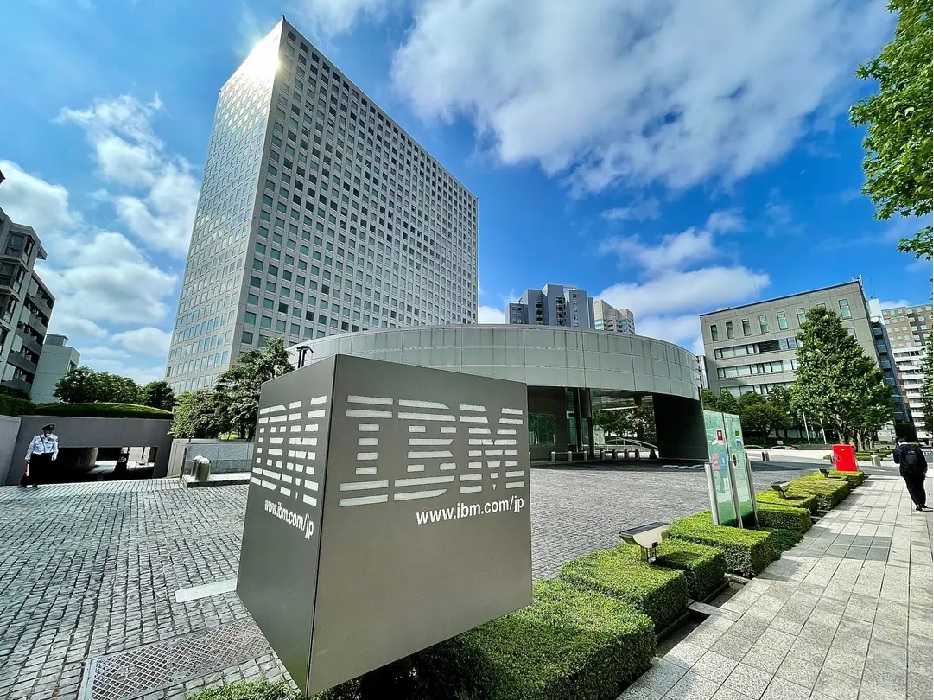
3 Aug 2024, TOKYO.
A labor-management dispute at IBM Japan over AI-based personnel evaluations has been resolved with a landmark agreement. The Japan Metal, Manufacturing, Information and Telecommunication Workers’ Union (JMITU) announced this on Aug. 2.
The agreement requires IBM Japan to inform the labor union about the data AI uses to evaluate employees. The union will monitor this process to ensure transparency, as there are no domestic laws yet on AI in labor-management relations. The Tokyo Labor Relations Commission approved the settlement on Aug. 1.
IBM Japan started using its AI to evaluate employee performance and attitude in fiscal 2019, affecting salary increases. This led the union to file a petition in April 2020. The AI system uses 40 items, such as skill demand, for salary assessments.
The agreement now requires the company to disclose all 40 items to the labor union. IBM Japan will also explain how AI relates to evaluation items in wage rules. For employees with low ratings, the company will reveal the AI evaluation details. The union demanded this disclosure, arguing that “AI influences managers’ decisions.”
The union cited issues like privacy invasion, discrimination, and automation bias, where humans overly trust AI decisions. Without full disclosure, the union said there could be no real negotiations. IBM Japan had refused to disclose AI information, saying managers make final decisions, and AI is just a reference. A company representative stated, “We have reached a settlement but will not explain the circumstances. We will strive for good labor-management relations.”
The labor union said, “This agreement models how to protect workers’ rights by having the union monitor AI use and hold the company accountable. The results may influence other workplaces using AI.” Lawyer Yosuke Minaguchi, representing the union, said, “This is the first time a union and company have set disclosure rules for AI use. This agreement with a global AI-using company is significant and may impact other companies.”
Countries are developing laws to ensure AI safety. Japan is also considering legal regulations. The European Union passed the first Artificial Intelligence Act in May. The act classifies AI use in personnel evaluation as the second riskiest level and requires strict management.